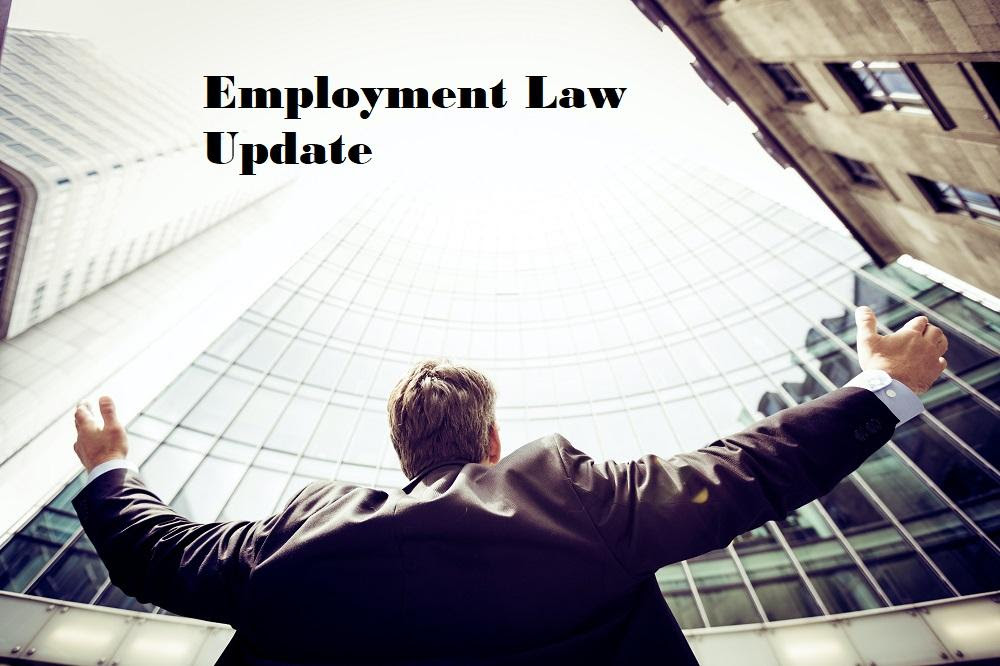EEOC Guidance on Employers’ Use of Artificial Intelligence Software
In May, the US Equal Employment Opportunity Commission (EEOC) issued Technical Assistance and Tips for Workers addressing the use of artificial intelligence (AI) software in connection with employment.
A variety of computer tools are available to assist employers in hiring, monitoring, and evaluating workers. While these tools are beneficial in many ways, they can also be discriminatory against job applicants and employees who have disabilities.
This means that an employer who uses such software may unknowingly be violating the Americans with Disabilities Act (ADA), a federal civil rights law prohibiting discrimination against people with disabilities, as well as similar state laws.
Algorithmic decision-making tools may not allow for an applicant or employee to be evaluated fairly and accurately because they may not consider required reasonable accommodations. In addition, this type of software sometimes violates the ADA’s restrictions on disability-related inquiries and medical examinations.
DOL Guidance on FMLA Leave and Mental Health
The Wage and Hour Division of the US Department of Labor has released guidance on Mental Health and the FMLA.
The Family and Medical Leave Act (FMLA) entitles eligible employees of covered employers to take unpaid job-protected leave for specified family and medical reasons, including leave needed due an employee’s own serious health condition as well as leave needed for the employee to care for specified family members with serious health conditions.
Generally speaking, a private sector employer is covered only if it has 50 or more employees.
The new guidance, offered in a simple FAQ format, states that a chronic condition—whether physical or mental—is a qualifying serious health condition if it requires treatment by a healthcare provider at least twice a year and recurs over an extended period of time.
It also provides answers to a number of questions relating to specific mental-health conditions, including anxiety, depression, anorexia nervosa, substance abuse, PTSD, and ADHD.
Similar state laws often apply to employers with fewer employees, and those states may choose to follow this guidance when interpreting their own laws, so check your own state requirements if you (or your employer) are not covered by FMLA.
The Importance of I-9 Forms
All employers (regardless of size) are required to check the immigration status of applicants before employing them by reviewing certain documents and then, with the applicant, filling out an I-9 form. Employers must maintain these records for the term of the employee’s employment and for one year thereafter.
Because I-9 forms are not required to be filed with any government authority, small businesses may not make compliance with this law a high priority, but they should.
Recently a small business in Washington state was audited after an anonymous tip was submitted to the Department of Homeland Security. The audit found forms not filled out within the required timelines, backdated forms, and forms with mistakes (for example, a missed checkbox or unsigned form).
As a result of these problems, the company was fined more than $1.5 million. Given this, all employers should ensure that hiring staff are appropriately trained on I-9 forms and that all I-9 forms are kept for the required time period.
OSHA Enforcement Programs
In March, the federal Occupational Safety and Health Administration (OSHA) announced that its #1 enforcement priority for 2022 is compliance with COVID-19 related laws and regulations. For information on OSHA’s requirements, see its Coronavirus Disease (COVID-19) webpage.
Employers, especially those in health care, should prepare for OSHA inspections by making sure they’ve complied with all record-keeping obligations, including OSHA Form 300 logs and COVID-19 logs.
OSHA has also stepped up enforcement related to heat-related health issues. See OHSA’s website for information on how to create a heat-illness prevention plan.
Please feel free to contact us if you have any questions about the above or if you need any other assistance with employment-related issues.
For more information about employment law, see Employment Law (in Plain English)®, co-authored by members of this law firm. The book is available through Skyhorse Publishing, Amazon, Barnes & Noble, Powell’s Books, and Bookshop (an online bookstore that allows you to support your favorite independently owned bookstore).
Photo by Razvan Chisu on Unsplash






